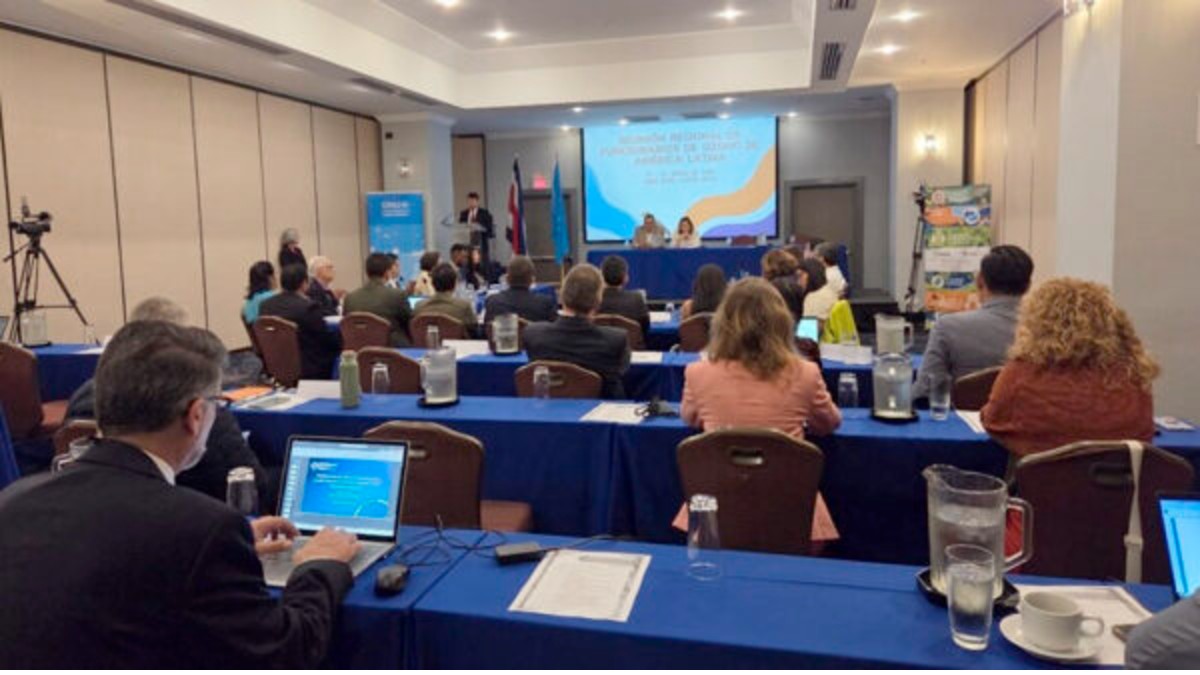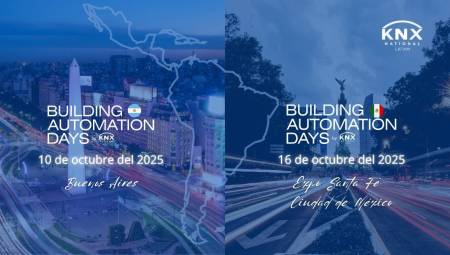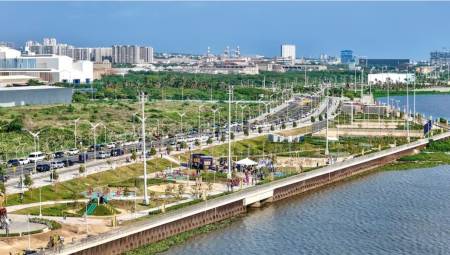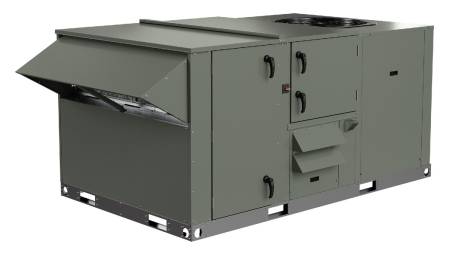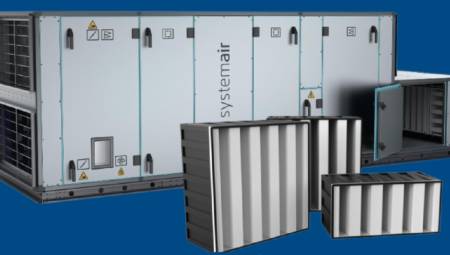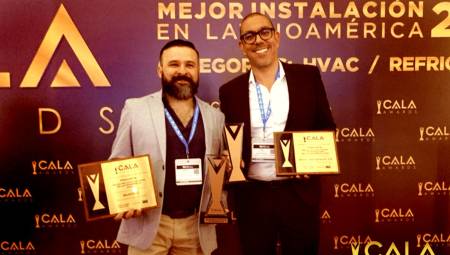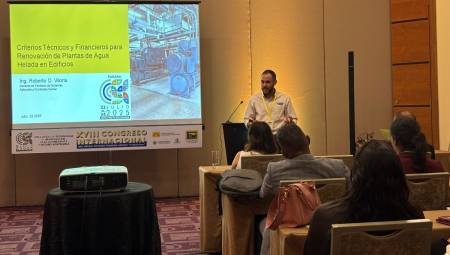Costa Rica. Within the framework of the Meeting of Networks of National Ozone Officers of Latin America, held from June 17 to 19 and organized by the United Nations Environment Program, Chile stood out for its leadership in the integration of the gender approach in the implementation of the Montreal Protocol and its Kigali Amendment.
The meeting brought together representatives from across the region to share advances in energy efficiency, sustainable technologies and inclusive strategies in the refrigeration and air conditioning sector.
During her participation, Dolores González, a professional from the Ozone Unit of the Ministry of the Environment of Chile, presented the initiatives promoted by the country to promote gender equality in the sector. Among the milestones highlighted are labor certification programs for technical women, inclusive communication strategies and the "Women in Refrigeration and Air Conditioning" contest.
"Our experience shows the rest of the countries that it is possible to advance in environmental and climate commitments, while opening up spaces to reduce structural gender gaps in masculinized sectors," said González.
Chile is positioned as one of the regional benchmarks in the mainstreaming of the gender approach within the context of the Montreal Protocol, and has been recognized for incorporating this vision into its technical, regulatory and training policies.
From the organization, Shirley Soto, Coordinator of the Ozone Unit of Costa Rica, highlighted the importance of the meeting as a platform for collaboration:
"These types of spaces allow us to strengthen cooperation between countries and promote joint learning to advance towards common goals, not only in the elimination of substances that deplete the ozone layer, but also in social aspects such as gender equality."
Technical advances and common challenges
During the meeting, progress in the elimination of ozone-depleting substances (ODS) was reviewed, as well as the challenges in the adoption of technologies with low global warming potential, prioritizing energy efficiency and sustainability.
The technical sessions addressed refrigerant management, technical training strategies, national cooling plans, customs controls and financing mechanisms through the Multilateral Fund.
Among the key recommendations that emerged from the event are: strengthening national regulatory frameworks, fostering the circular economy, developing data collection systems, strengthening public-private partnerships, and promoting continuous training on new low-GWP refrigerants.
In the field of gender, it was urged to make visible the role of women in the sector, eliminate barriers to entry, generate inclusive materials and explore mechanisms such as female professional certification, according to González during her speech.
The event also underlined the importance of synergies between environmental conventions such as Basel, and the need to enhance regional cooperation to achieve common goals in sustainability and equity.


